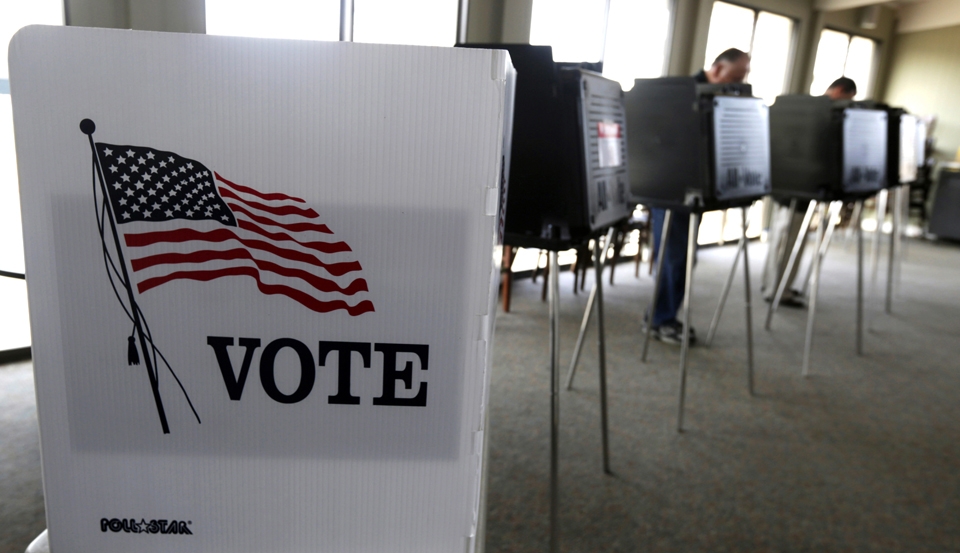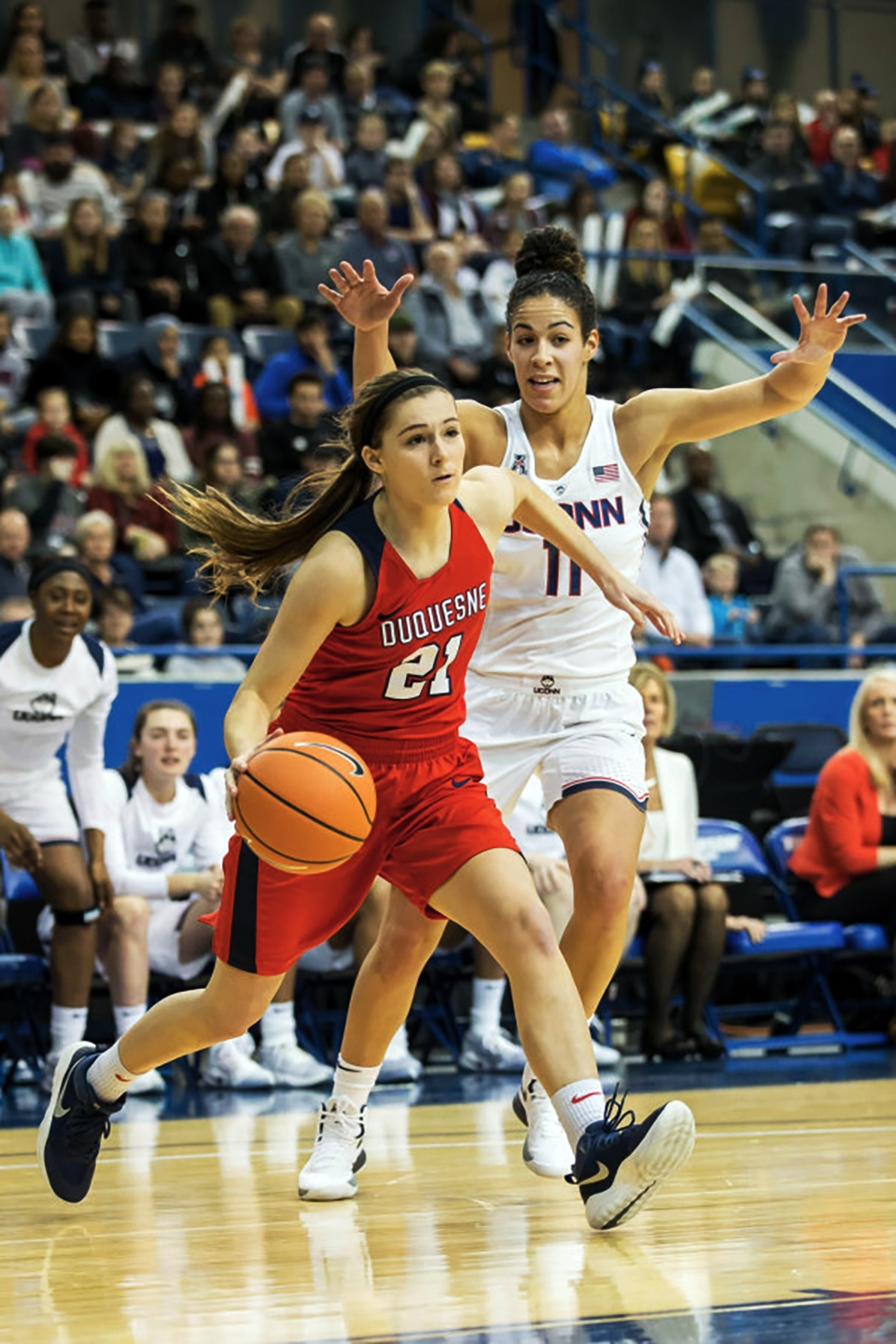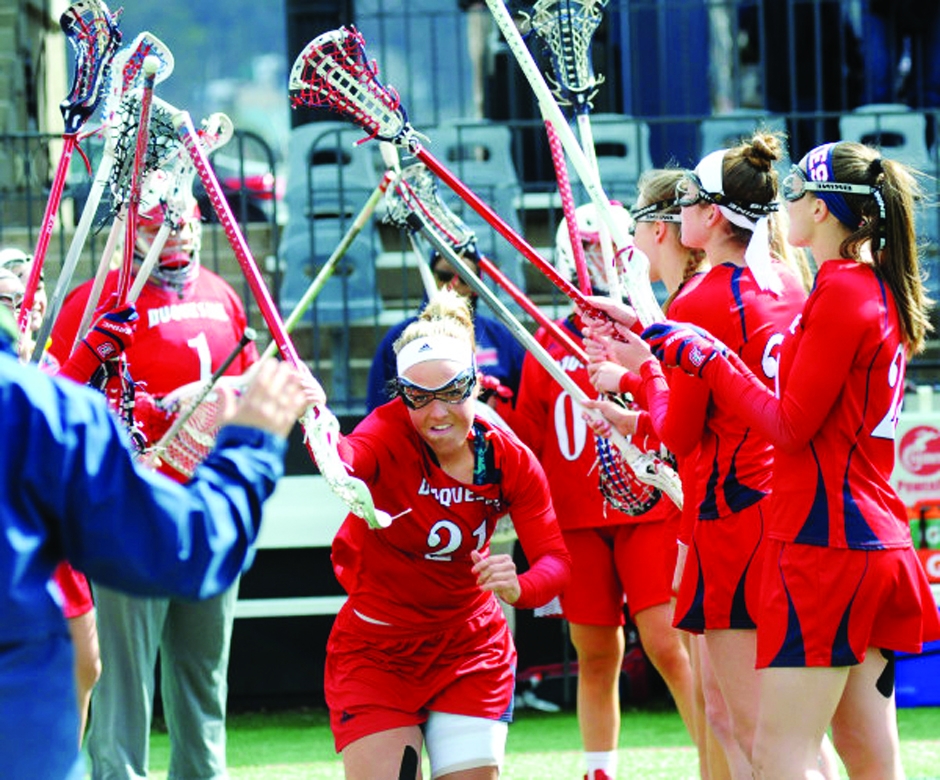

Raymond Arke | Staff Writer
As the Duquesne Student Government prepares to launch their annual student voter registration drive, levels of registered college students have reached the lowest levels in 40 years. A survey by Tuft University showed that in 2012, only 22 percent of college-aged students voted.
John Hanley, a political science professor, said college student participation is complicated.
“Generally, young people vote at much lower levels than older people,” Hanley said.
However, since college students are “more affluent and better educated than their peers,” that the student voting rate is slightly higher than other young adults, he added.
The deadline to register to participate in the November election is Oct. 11th, according to the Pennsylvania Department of State.
Currently, the SGA is the only group allowed to register voters on campus, as university policy forbids partisan groups from hosting registration events, according to the Duquesne student handbook.
Even if students miss the SGA registration table, Hanley said registering to vote is easy.
“You can type the letters ‘r-e-g-i-s’ into Google and it will autocomplete the rest. The form can be filled out online,” he said.
With many students at Duquesne coming from all over the country, they might think their only option is to vote absentee. However, the Pennsylvania Department of State said students can actually re-register to their college address, instead of having to fill out an absentee ballot. They want students to be “well-informed about their rights,” Pennsylvania Secretary of State Pedro Cortez said in an August 26th press release.
Pennsylvania’s Department of State has made it easier to register, allowing interested students to text ‘PA’ to 2VOTE (28683) which then brings up the online form. Registration can also be done online or through regular paper forms.
Hanley also stressed how important going to vote is, calling it “a vital aspect of being an American.”
“We’re not asked to do much as citizens, so if you’re not voting, what exactly are you doing to play your part?” Hanley said.
Elections can be close, Hanley said, citing the Bush vs. Gore election in 2000. Bush won Florida and the presidency by just 500 votes. Hanley encouraged students to think that their votes could be the difference in a close election, like 2000.
Tyler Siminski, president of Duquesne Liberty Alliance, a student Libertarian organization, wants students to vote regardless of how they feel about the candidates.
“I would encourage students to register to vote even if they despise every single candidate running,” Siminski said. “Send in a blank ballot if necessary. Not voting helps promote the idea that our current political system is perfectly acceptable.”
Leah Pier, a sophomore and president of Duquesne’s Young Republicans, recommends students make an informed decision.
“For anyone unsure about voting: do your own research on each candidate and make the decision that best fits you,” she said.
Liam Darr, a freshman history major, plans to participate in this year’s election and his first presidential one.
“I am registered to vote and will be voting this fall via absentee ballot,” he said.
However, Darr is not overly excited about the choices this November.
“The polarization of the [campaign] process is discouraging,” he said.
Duquesne students who are registered to vote at a campus address do not have to walk far to the polls. The nearest polling place is Epiphany Church, next to the Consol Energy Center, which is 0.3 miles away. That’s closer than other polling places in the South Side or Downtown.




